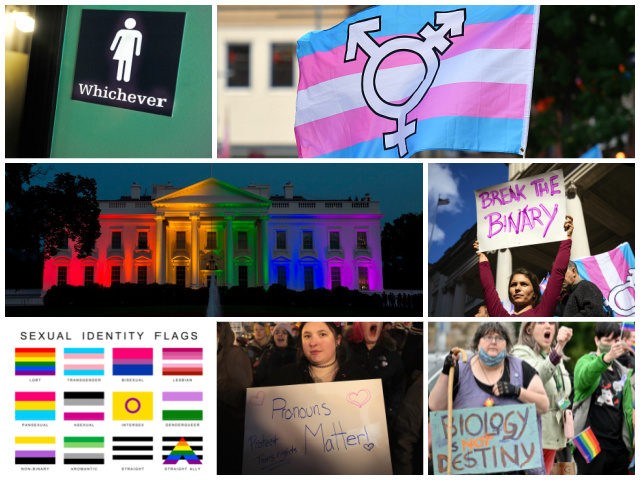ROME — The once venerable Lancet medical journal continues its radical push for gender theory in its most recent issue, underscoring the importance of “sex, gender identity, and sexual orientation” in healthcare.
“Health is shaped by access to power and resources based on sex, gender identity, and sexual orientation, as well as other intersecting social categories,” the journal declares in a piece in its September 3 issue advocating for gender-based “health equity.”
The article cites a 2022 report by the U.S. National Academies of Sciences, Engineering, and Medicine requested by the National Institutes of Health (NIH) under the Biden administration to examine measurement of sex, gender identity, and sexual orientation (SOGISC).
According to the Academies’ report: “Sex, gender, and sexual orientation are core aspects of identity that shape opportunities, experiences with discrimination, and outcomes through the life course.”
Accurate measurement of SOGISC “can provide data that reveal social and health inequities to inform research, programmes, and policies to address health disparities,” the Lancet states.
Guiding principles for SOGISC data collection include “the importance of inclusive data collection practices that respect and reflect how persons identify,” “precision in terminology that does not conflate concepts of SOGISC,” and data analysis that “benefits LGBTQI communities.”
SOGISC data collection should also employ “a two-step approach to measure sex assigned at birth and gender identity separately (thereby capturing people of trans experience who do not self-identify as transgender), the Lancet states.
Past data gathering has suffered from drawbacks, the Lancet asserts, since they “do not include in-group terms commonly used by LGBTQI people (eg, queer, non-binary), misrepresent ‘transgender’ as a gender identity rather than a gender modality (eg, ‘transgender woman’), and include inaccuracies intended to avoid confusion (eg, defining straight as ‘not gay or lesbian’).
The Lancet does not specify whether a biological male self-identifying as a female should be examined and treated by a gynecologist, an andrologist, or some other medical professional.

COMMENTS
Please let us know if you're having issues with commenting.